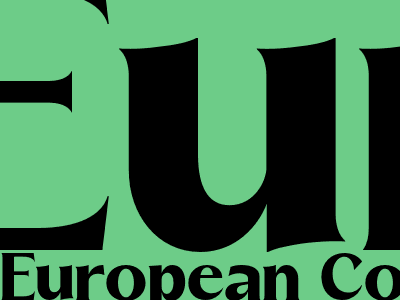
European Commission Approves Reliance-Disney Merger Deal
Disney and Reliance Complete Long-Awaited Merger
The European Commission has approved the merger between Reliance Industries and Disney, paving the way for the creation of a new media behemoth. The deal, which was first announced in 2019, will see Disney acquire a controlling stake in Reliance's media and entertainment businesses, including its popular Star India network.
A Strategic Alliance in the Streaming Era
The merger is a significant development in the rapidly evolving streaming landscape. Reliance's Star India is one of the largest media companies in India, with a vast reach across television, film, and digital platforms. Disney, on the other hand, is a global entertainment giant with a vast library of content and a powerful brand. By combining their strengths, the two companies aim to create a formidable competitor in the streaming market, which is expected to grow exponentially in the coming years.
Benefits for Both Companies
The merger offers several advantages for both companies. Disney gains access to Reliance's extensive reach in India, one of the world's largest and fastest-growing entertainment markets. Reliance, in turn, benefits from Disney's global reach and content portfolio, which will help it expand its presence in international markets.
Reliance's Dominance in India
Reliance's Star India is the undisputed leader in the Indian media market, with a dominant position in television, film, and digital. It operates over 60 television channels in various languages, reaching over 900 million viewers. The company also has a strong presence in the film industry and has produced some of India's most successful films in recent years.
Disney's Global Reach and Content Portfolio
Disney is a global entertainment giant with a vast library of content across its various subsidiaries, including Walt Disney Pictures, Pixar, Marvel, and Lucasfilm. The company's streaming service, Disney+, has been a major success since its launch in 2019 and has quickly become one of the most popular streaming services in the world.
Challenges Ahead
While the merger has the potential to create a formidable entertainment powerhouse, it is not without its challenges. The two companies operate in different geographic markets and have different business models. Integrating their operations and cultures will require careful planning and execution.
Regulatory Hurdles
The merger has already faced regulatory scrutiny in India, where competition authorities are concerned about the combined entity's dominance in the media market. The approval from the European Commission is a positive step, but the deal still needs to be approved by other regulatory bodies around the world.
Cultural Differences
Reliance is a family-owned business with a strong Indian identity, while Disney is a publicly traded company with a global reach. Integrating the two companies' cultures and management styles will be a complex task.
Conclusion
The European Commission's approval of the Reliance-Disney merger deal is a significant milestone in the creation of a new media giant. The merger offers potential benefits for both companies, but it also poses challenges that will need to be carefully managed. If the two companies can successfully integrate their operations and cultures, they have the potential to create a formidable competitor in the global entertainment market.